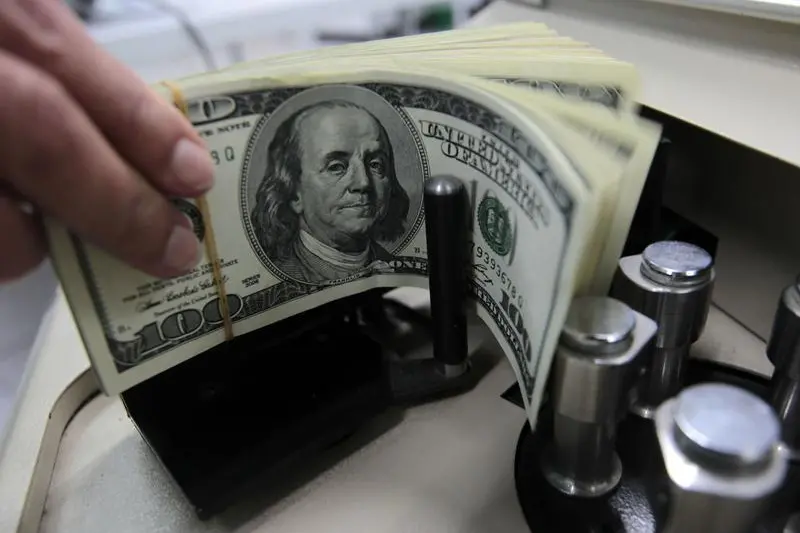PHOTO
TOKYO- The dollar lost momentum on Thursday after the double-whammy of dovish-looking minutes of the Federal Reserve's last policy meeting and the threat by U.S. President Donald Trump of imposing new tariffs on imported cars.
The euro was hampered by concerns over an economic slowdown in the currency bloc and political risks in Italy, staying near a six-month low against the dollar and a nine-month nadir versus the yen.
Measured against a basket of six major currencies , the dollar stepped back to 98.865 from its five-month high of 94.195 hit just before the release of the Fed's minutes.
While most policymakers thought it likely another interest rate increase would be warranted - in line with market expectations - the minutes showed the Fed would tolerate inflation rising above its goal for a time.
"The minutes suggested the Fed is not in a hurry to raise interest rates. The U.S. stock markets seem to like that they were not too hawkish," said Ayako Sera, market economist at Sumitomo Mitsui Trust bank.
Moreover, the minutes also showed the board members generally agreed to make a small adjustment in its policy implementation by raising the interest rates on its excess reserves by 20 basis points, rather than by a widely anticipated 25 basis points.
Their discussion, while highly technical, came as a surprise to market players and helped bring down short-term U.S. interest rates and bond yields.
"This means the effective interest rates in the future have shifted five basis points lower over a long period of time. In other words, we could even say the Fed today cut rates by five basis points," said Toru Yamamoto, chief fixed income strategist at Daiwa Securities.
The dollar's fall accelerated as Trump appeared to have opened a new front in the trade war by considering new tariffs, this time on cars, just days after Washington agreed with China to put "on hold" its plan to impose tariffs on $150 billion worth Chinese goods.
Against the yen, the dollar shed as much as 0.6 percent to 109.45 yen, a day after it had fallen 0.73 percent, its biggest fall in nearly three months. It last stood at 109.61 yen, down 0.4 percent on the day.
The safe-haven Swiss franc also ticked up 0.2 percent to 0.9943 franc to the dollar, helped by investors' cautious mood. It hit a three-week high of 0.9894 per dollar on Wednesday.
The euro bounced back slightly to $1.1705 after hitting a six-month low of $1.1676 on Wednesday but the common currency was held back by economic and political worries in Europe.
IHS Markit's Euro Zone Composite Flash Purchasing Managers' Index (PMI), considered a good guide to the euro zone's economic health, sank in May to an 18-month low, suggesting the continent's strong growth last year has lost steam.
Investors were unnerved by political developments in Italy, where the coalition government proposed by the anti-establishment 5-Star and far-right League could tap eurosceptic economist Paolo Savona as economy minister.
The Italian debt yields have jumped in the past couple of weeks, with the 10-year government bond yield rising more than 50 basis points.
The common currency was soft against the yen, hitting a nine-month low of 128.24 yen on Wednesday.
"I think there is risk of further downward revision in the European economic outlook. Earlier this year, people thought the European Central Bank, the Bank of England and the Federal Reserve will all raise interest rates. But now the ECB has clearly dropped out," said Kazushige Kaida, head of forex at State Street Bank and Trust in Tokyo.
The British pound also licked its wounds at $1.3374, after hitting a five-month low of $1.3305 following weak UK inflation data. (Reporting by Hideyuki Sano Editing by Eric Meijer & Shri Navaratnam)
© Reuters News 2018





















